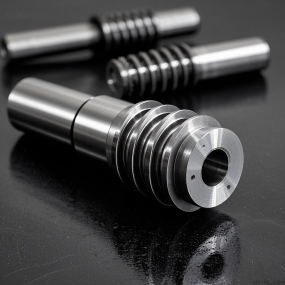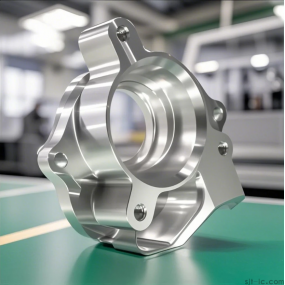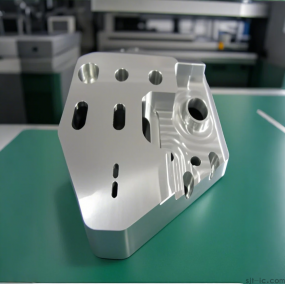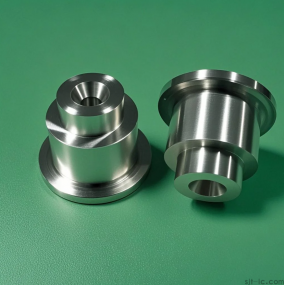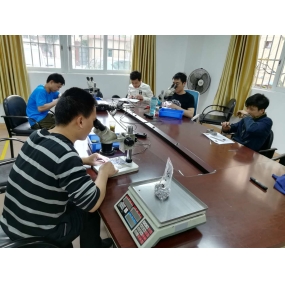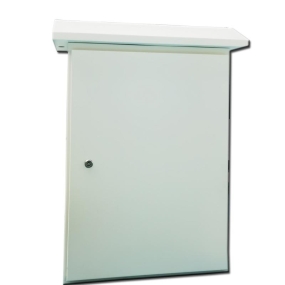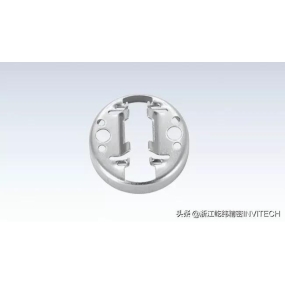Hey there, fellow engineers and procurement managers! 👋 Ever been handed a complex, one-of-a-kind part design and felt that sinking feeling when you realize your usual suppliers aren't a good fit? You're not alone. Sourcing for non-standard parts, especially in small batches, is a whole different ball game. The process can feel like a maze, and picking the wrong CNC Machining factory can lead to delays, cost overruns, and headaches. So, how do you navigate this? Let's break it down together.
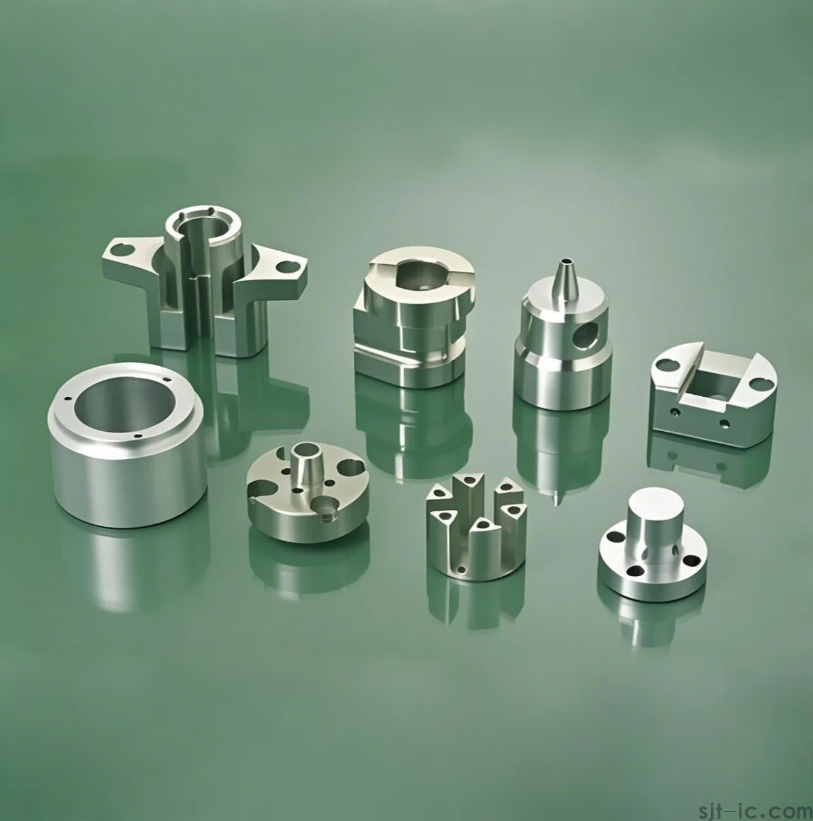
🤔 Why Can't I Just Use Any Machine Shop?
This is the first question that pops up. Standard parts are like buying off-the-rack suits – they mostly fit. Non-standard parts are bespoke tailoring. They require a shop that thrives on custom projects, not just repetitive production. A factory used to high-volume orders might struggle with the setup and programming nuances of your unique, low-volume project. The focus shifts from speed to precision and flexibility.
🔍 The Big Three: What to Really Look For
Forget just comparing prices. When evaluating a potential partner, these three areas are your golden ticket.
1. Communication is King (No, Seriously):
Can they understand your technical drawings? Do they ask smart questions? A good shop will talk to you about design for manufacturability (DFM) – suggesting small tweaks that make the part easier to machine without compromising its function. If they just nod and say "yes" to everything, that's a red flag. 🚩
2. Peek at Their Past Work (Portfolio Power):
Ask for case studies or examples of similar complex parts they've handled. This isn't about snooping; it's about verifying their capability. Look for diversity in materials and complexity. It might suggest they have the problem-solving skills you need.
3. The Quality Control Puzzle:
Inquire about their quality control process. Do they do first-article inspections? What measuring tools do they use? A professional shop will be transparent about their steps to ensure every part meets your specs. The exact statistical methods they use for batch sampling, however, is an area I'm less familiar with – that's something you might want to ask them directly.
💸 Understanding the Quote: It's Not Just a Number
When you get a quotation, it should be a breakdown, not a single figure. A transparent quote helps you understand what you're paying for.
- Material Cost: The raw metal or plastic.
- Programming & Setup Time: This is often higher for one-off parts.
- Machining Time: How long the CNC machine will run.
- Secondary Finishing: Things like anodizing or sandblasting.
If a quote seems too good to be true, it probably is. They might be cutting corners on something crucial. However, it must be said, sometimes a slightly higher quote from a more communicative factory is cheaper in the long run by avoiding reworks.
🚀 Making the Final Decision: Trust Your Gut
You've done your homework. You've compared a few shops. Now what? Beyond the checkboxes, consider the rapport. Do you feel like they are a partner or just a vendor? I always lean towards the shop that seems genuinely interested in my project's success, even if they're not the absolute cheapest. That collaborative spirit is invaluable when unexpected issues pop up – and they often do with custom work. This approach has saved my projects more times than I can count.
So, there you have it. Choosing a small-batch CNC partner is less about finding a machine operator and more about finding a problem-solving ally. Hope this guide helps you make a confident choice on your next project! 💪


 Spanish
Spanish Arabic
Arabic French
French Portuguese
Portuguese Belarusian
Belarusian Japanese
Japanese Russian
Russian Malay
Malay Icelandic
Icelandic Bulgarian
Bulgarian Azerbaijani
Azerbaijani Estonian
Estonian Irish
Irish Polish
Polish Persian
Persian Boolean
Boolean Danish
Danish German
German Filipino
Filipino Finnish
Finnish Korean
Korean Dutch
Dutch Galician
Galician Catalan
Catalan Czech
Czech Croatian
Croatian Latin
Latin Latvian
Latvian Romanian
Romanian Maltese
Maltese Macedonian
Macedonian Norwegian
Norwegian Swedish
Swedish Serbian
Serbian Slovak
Slovak Slovenian
Slovenian Swahili
Swahili Thai
Thai Turkish
Turkish Welsh
Welsh Urdu
Urdu Ukrainian
Ukrainian Greek
Greek Hungarian
Hungarian Italian
Italian Yiddish
Yiddish Indonesian
Indonesian Vietnamese
Vietnamese Haitian Creole
Haitian Creole Spanish Basque
Spanish Basque

